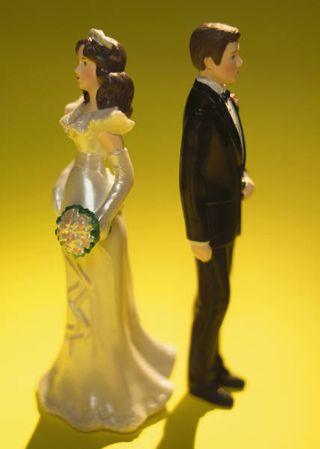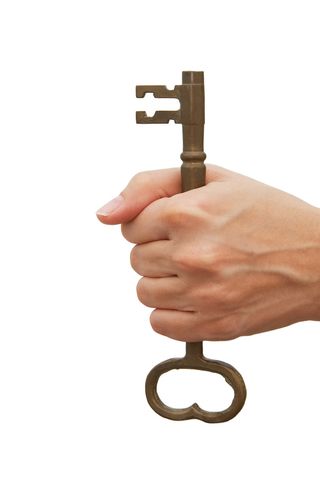 As with estate planning for humans, creating a pet trust is designed to give owners peace of mind. To ensure that pets will be cared for in accordance with an owner’s wishes, owners should be sure to definitively detail their pet’s standard of living and nutritional and health care.
As with estate planning for humans, creating a pet trust is designed to give owners peace of mind. To ensure that pets will be cared for in accordance with an owner’s wishes, owners should be sure to definitively detail their pet’s standard of living and nutritional and health care.
Although pets are a beloved part of one's family, in the eyes of the law they are merely viewed as another form of property. This can make planning for the care of your pet difficult after you’re gone. While you can’t leave an inheritance to a pet, when including a “pet trust” as part of your estate plan you can provide for their care when you’re not there to provide it yourself.
“Pet trusts” have a decidedly less serious ring about them than a “Grantor Retained Annuity Trust.” Legal jargon aside, pet trusts can be plenty useful little devices for a common problem, especially amongst elderly pet lovers. In fact, a recent article in the Millionaire Corner considers a pet trust an estate planning basic. The article, titled “Estate Planning Basics: Creating a Pet Trust,” offers some practical pointers to consider.
 Houston Estate Planning and Elder Law Attorney Blog
Houston Estate Planning and Elder Law Attorney Blog










